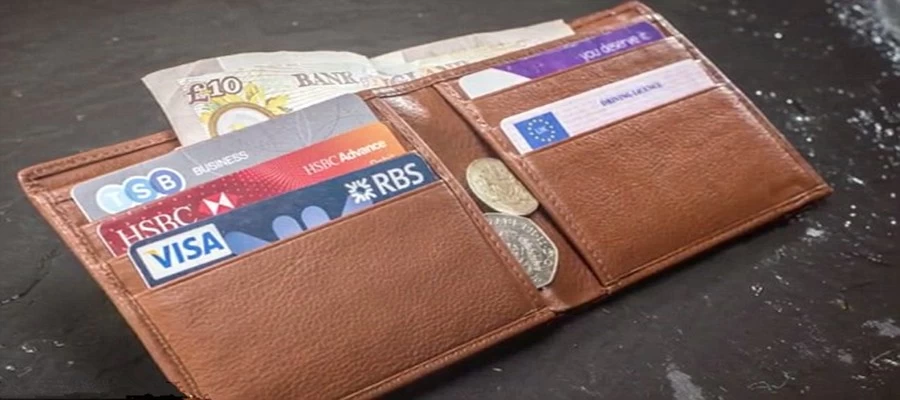How to Block RFID Signals: Protecting Your Privacy in a Wireless World

As RFID (Radio-Frequency Identification) technology becomes more widespread—used in credit cards, passports, key fobs, and even clothing—concerns about privacy and security are growing. Hackers can skim sensitive data from RFID-enabled devices without physical contact, leading many to seek ways to block these signals. Here’s how you can protect yourself.
Why Block RFID Signals?
RFID skimming is a real threat. Criminals using portable scanners can steal credit card details, passport information, or even clone access cards from a distance. While not all RFID chips are vulnerable, unprotected ones pose a risk.
Effective Ways to Block RFID Signals
1. RFID-Blocking Wallets & Sleeves
The simplest solution is an RFID-blocking wallet or card sleeve made with materials like aluminum or carbon fiber that create a Faraday cage, blocking electromagnetic signals.
2. Aluminum Foil (DIY Method)
Wrapping cards in aluminum foil can block RFID signals—a low-cost but effective temporary solution.
3. RFID-Blocking Bags & Pouches
For passports or multiple cards, specially designed RFID-blocking bags provide full protection against unauthorized scans.
4. Metal Containers
Storing RFID cards in a metal box or tin can block signals, similar to a Faraday cage.
5. Disabling RFID Chips (Permanent Solution)
For those who don’t need RFID functionality, physically damaging the chip (e.g., drilling a hole through it) stops it from transmitting. However, this may void warranties or damage the item.
Are RFID Blockers Necessary?
While not everyone is at high risk, travelers, business professionals, and privacy-conscious individuals benefit from RFID protection. As wireless theft techniques evolve, taking precautions is a smart move.
Final Thoughts
Blocking RFID signals is easier than many think. Whether using a high-tech wallet or a simple foil wrap, taking steps to secure your data can prevent digital pickpocketing. Stay safe in an increasingly connected world!
Do you use RFID protection? Share your thoughts in the comments!



